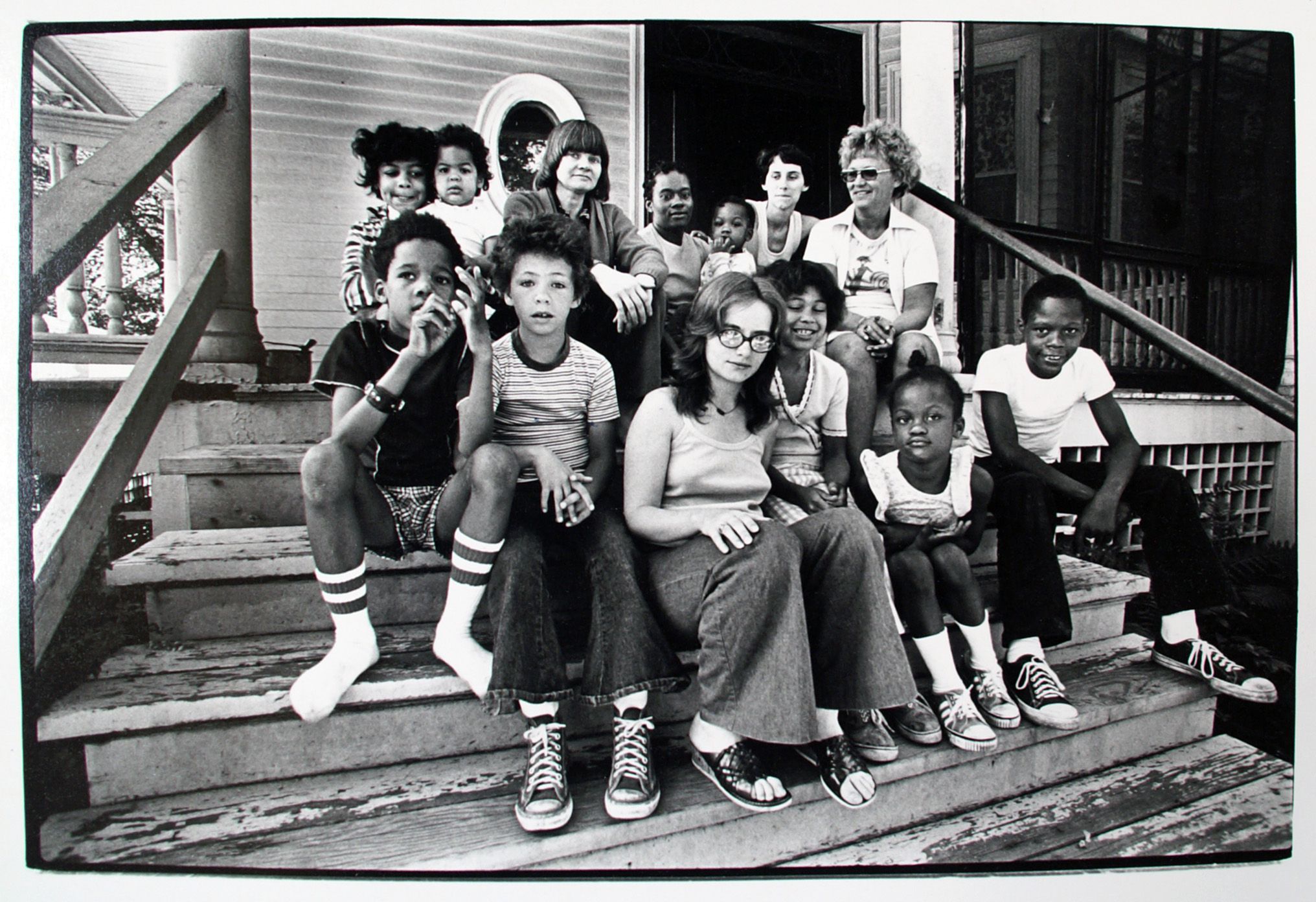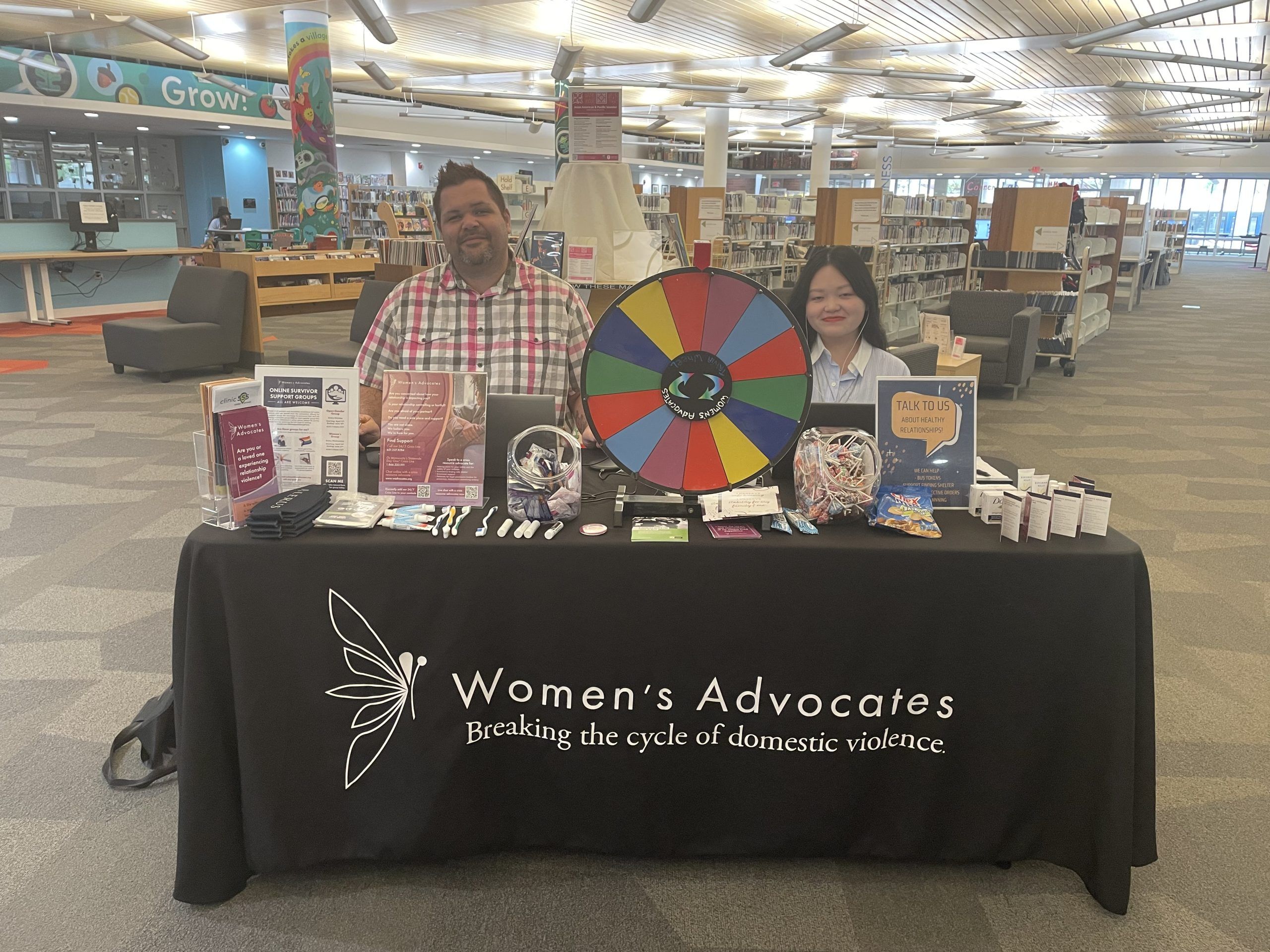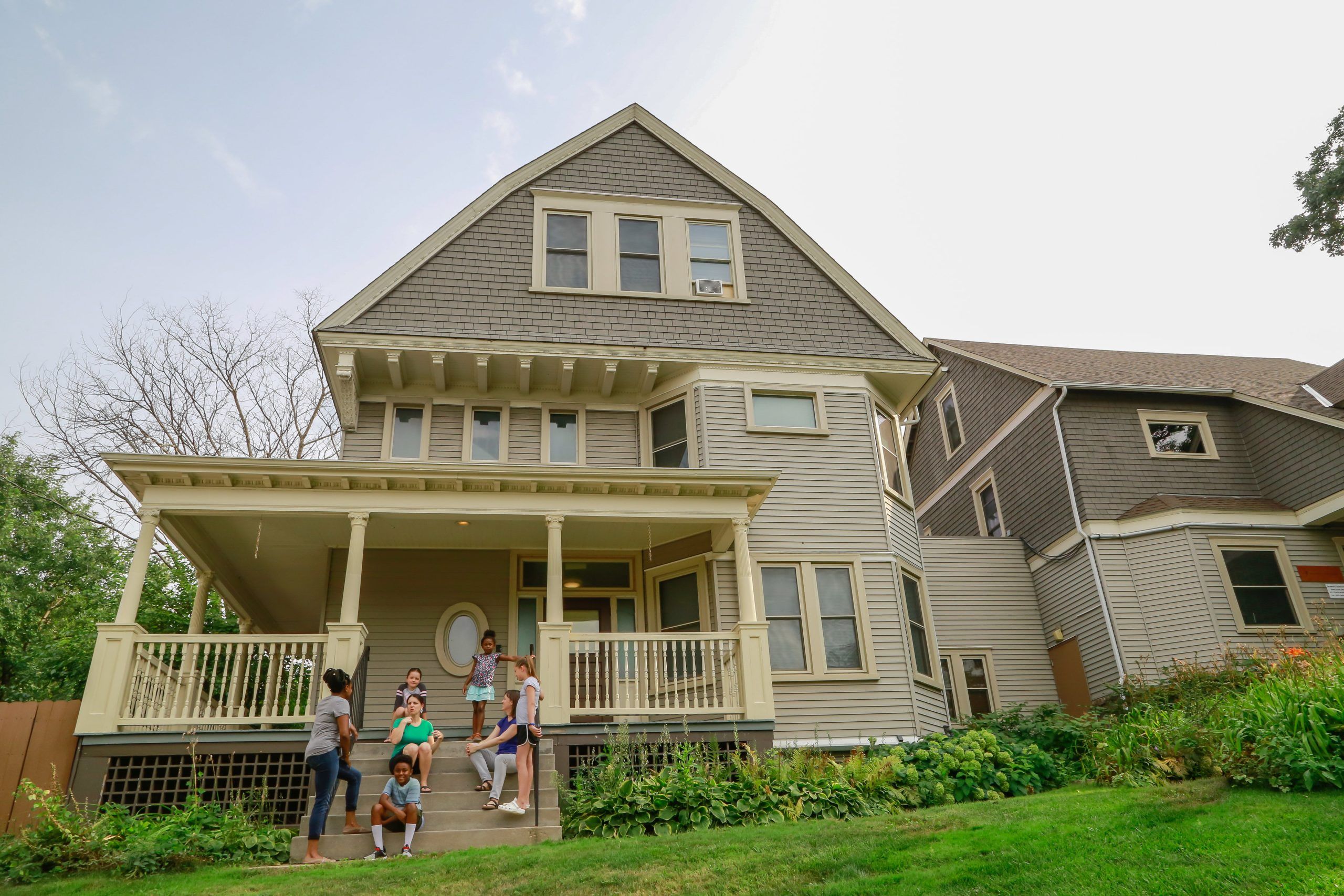Partner Spotlight: Women’s Advocates



Interviewee: Alexandra McDougall- Community Education & Outreach Manager
Interviewer: Madeline Wilson- Eden Prairie High School Intern
01/24
My name is Alex McDougall and I belong to the White Earth Reservation here in Minnesota. I live in the Twin Cities where I’ve lived most of my life. I come from a youth focused background and have worked within this field for 8-9 years. Within this field, I have worked with youth that are involved with child protection and folks that are experiencing homelessness, domestic violence and commercial sexual exploitation. A large part of my lens comes from that experience, working with youth and trying to do my best to walk alongside them so that they can get the things that they need, meet the goals that they have, and be a support in the ways that they need. I came to Women’s Advocates at the end of August from the youth world and I was working in the suicide prevention realm, which is something that I am super passionate about. I’ve put a lot of time and effort into destigmatizing suicide and trying to make it less scary for people that are working to intervene whether that be loved ones, them themselves, or within a professional capacity.
I have taken a lot of that knowledge with me to Women’s Advocates, where I now work as the Community Education and Outreach Manager and there are two aspects to this job. I work as a supervisor to a team that is doing amazing boots on the ground work involving community education. We provide a number of core webinars that are all focused on different aspects of domestic violence that people experience. Domestic Violence 101, Domestic Violence 201, Mental Health and Homelessness, and Safety Planning, and how to best support children that have witnessed or are survivors themselves of Domestic Violence. The other part of my role involves supervising and working alongside an amazing advocate who organizes and does Safe Harbor work. Safe Harbor was an initiative that was put into place around 2013. What was happening was youth were engaging in survival sex in order to find a place to stay for the night or to get food or other basic hygiene items, but in addition to this, were being targeted by traffickers. Despite being minors, or not having consent in these situations, youth were being criminalized for what was happening to them. Even though folks were doing what they needed to do to survive, they are being manipulated or they have a trafficker who is trafficking them and profiting off of their bodies on what is essentially sexual assault. Since 2013/2014, the state and advocates from all different realms have worked to decriminalize youth up to the age of 25 that were being trafficked to be seen as a victim/survivor rather than a criminal. I work with our advocate to ensure we are able to provide funding for folks to (1) get housed and (2) get their basic needs met so that they don’t have to look elsewhere or be in a vulnerable place where they could be taken advantage of and/or trafficked. I like to think of education as a means for prevention – sex education for example, Minnesota does a really good job of taking a comprehensive approach to sex, sexuality, and relationships. Even in states with comprehensive education, we’re still not really talking about domestic violence and we’re not talking about the things that need to be talked about as a means of prevention. Open discussions about relationships and domestic violence are crucial to show people of all types what it means to be healthy, to be a good partner, to be a good friend, and many other things.
Women’s Advocates started in the 1970’s after “No Fault Divorce” became legal. They opened a crisis hotline for women who were getting divorced as a result of the legal changes. What they came to find is that many women were calling in crisis due to domestic violence from their partners. From this crisis line, we developed and evolved into an emergency shelter where women and their children could find safety, food, get their basic needs met, and to begin their journey of healing. From there it just continued to grow, and now we have things like community education, safe harbor, and a housing stabilization program. Within our emergency shelter and housing stability, we have an amazing mental health team that works with victim survivors and their children to provide multi-generational healing for folks and children who have experienced domestic violence, even if it wasn’t perpetrated on them. There are opportunities for these kids to be in a safe space with other kids and for them and their families to both receive the support they need. It’s a really good holistic approach to healing for folks that are involved in our housing and shelter programming. Ultimately, what is seen within each program on every level of the organization is that we really do strive to walk alongside victim survivors and meet them where they are at. We can’t go in and say “ you need this to be successful” because people might not be there yet, really meeting people where they are at and treating every situation as an individual situation.
Mission: To walk with victim survivors and our community members to break cycles of domestic violence. This organization and the staff within it do an amazing job of again, just meeting people where they are at, walking alongside them, and to support them with resources in a way that benefits them wherever they are.
First and foremost I think the shelter is really at the core of what we do, but I think every single program is unique in that they are victim survivor centered and led. Something I find really amazing that we have is our Survivor Advisory Council. They meet on a regular basis to evaluate and look at things that are working/not working. A lot of these folks actually went through our emergency shelter and so a lot of the programming and changes that have been made within the organization are because of victim survivors and the input they’ve provided based on their lived experience and perspective. Our programming and the ways that we go about this work are a direct result of victim survivors and folks that have been involved on the service side of Women’s Advocates. We want to ensure that the services we’re providing and the way we’re providing those services are done in a way that is going to be most beneficial to victim survivors.
As a result of the Survivor Advisory Council, we’ve partnered with “The Bond Between”, formally “Second Hand Hounds” to recognize and address the difficulty of leaving a violent situation or home when pets are there. A lot of times victim survivors will return to an abusive relationship because their partner threatens to hurt their animal. We partnered as a result of the feedback we received to develop a foster program. When folks are coming into the shelter and they have pets, we have a number of people who are lined up and ready to foster those pets until they find stable housing and a stable situation. This also involves medical care for the pets, food, vaccinations, all of the things. I think that this really showcases the way that we are survivor led and also that we have to change to meet the needs of folks that are coming through our doors to receive services and safety. Everyone in this organization is really there with their hearts and their souls and want to be able to help people meet the goals that they have, whatever those may be. I think that everything we do is really reflective of meeting victim survivors where they are at and listening to what they need- not telling them- and I think that is a really beautiful thing.
We do have a 24/7 crisis line and live chat. This can assist in getting people into shelters if ours is full, but also to provide safety planning and support on the phone or via chat in the event that somebody is in a situation that needs immediate assistance.
We do pop-up advocacy where we go to two different locations a week and go into the community to provide information on our organization. Something really beautiful that I’ve seen is people who didn’t know Women’s Advocates existed and were either fleeing a domestically violent relationship or trying to leave, who actually got connected to our emergency shelter and housing program as a result of our pop-up advocacy services. This is really amazing to show that just being out in the community and not within the walls of our organization is so important because you don’t know who needs help. Even small interactions with people can make such a big difference.
A big way that this happens is pop-up advocacy as we are going into communities that are typically at higher risk for having people that are experiencing domestic violence, often folks who are houseless, don’t have anywhere else to go, and are extremely vulnerable. Unfortunately, women of color, specifically Black and Native women, have the highest rates of experiencing domestic violence and so we’re going to communities where the populations we are serving are at the highest risk for being in a domestically violent relationship. This goes a long way because people can google or look things up online but when you’re in an unsafe situation, being able to see the people you’ve been working with is so beneficial to really make that in-person human connection.
As far as the education piece goes, we partner with different communities and different organizations constantly. We’ve worked with many institutions like the U of M and St. Thomas, the University of Cairo and places that want their students to be educated on domestic violence and what that looks like. We also make sure that when we are doing these different educational videos and webinars that we are including people from different communities and cultures. One thing that I was really impressed with when I started was that one of the webinars that we had done was around domestic violence in the Hmong community, this was really eye opening for me as it really shows that domestic violence and the driving factors behind leaving a certain situation is going to look different within different communities. I think Women’s Advocates does a great job of making sure that there is representation within the staff and ensuring that we are providing people with the best experience that we can, a lot of that is simply through representation.
Our therapist Anna goes out into the community to work and provide therapeutic services to people wherever they are at- the library, their home, a coffee shop, etc. I think this really shows that we want to be able to work with folks when they need it, but also wherever they are. I think this is something that isn’t necessarily seen all the time, and a lot of things are provided just to be as low barrier as possible. We do work with a lot of different organizations in the educational aspect to make sure people have access to the education they need so that they can be more aware in both their personal and professional lives. We also have an online survivor support group that happens three times a year. Each session is ten weeks and it is all virtual, so we’ve had people from across the United States be involved and participate. I think this really just goes to show how we strive to meet people where they are on their journey.